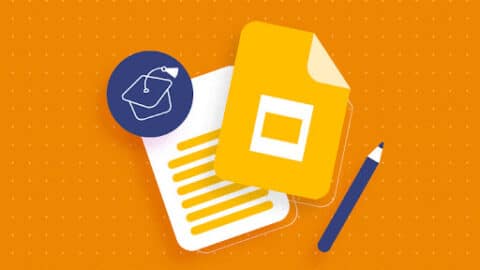Online Math Learning: Future of Math Education
Online learning math has transformed the way we access education, and math education is no exception. While traditional math education methods have relied on textbooks, lectures, and classroom instruction, online learning offers a wealth of resources and opportunities for personalized, engaging learning experiences. In this post, we’ll explore the advantages of online learning for math education, best practices for students and educators, and common challenges to overcome.
Table of Contents
Benefits of Online Learning for Math Education
One of the primary benefits of online learning for math education is the ability to access a wide range of resources. With online learning, students can access interactive math games, videos, and simulations that can make learning math more engaging and enjoyable. Additionally, online math programs often include adaptive learning features that adjust to each student’s individual needs, helping them to learn at their own pace and providing immediate feedback.
Another advantage of online learning for math education is the potential for individualized learning experiences. In traditional math education methods, it can be challenging for educators to provide personalized attention to each student. However, online math programs can be customized to meet each student’s individual needs, allowing them to focus on the areas where they need the most help and skip over material they already understand.
Online learning also offers flexibility in terms of when and where students can learn. Students can access online math programs from anywhere with an internet connection, whether that’s at home, in a library, or on-the-go. This flexibility can be particularly helpful for students who may have busy schedules or who need to learn at non-traditional times.

Best Practices for Online Math Learning
To make the most of online math learning opportunities, there are several best practices that students and educators can follow. One of the most important is selecting the right online math program or tool. With so many options available, it can be challenging to determine which program will be the best fit for a particular student or class. Factors to consider might include the age and grade level of students, the learning objectives, and the features of the program.
Creating a personalized learning plan is also critical for success in online math learning. Students should identify their goals and areas of focus and work with their educators to create a plan that meets their needs. This might involve setting goals for specific math skills, establishing a study schedule, and identifying resources and tools that will help them achieve their goals.
Staying engaged and motivated is also important when learning math live. Online math programs can be very helpful, but they can also be challenging for some students who may struggle to stay engaged without the benefit of in-person interaction. To stay motivated, students should set achievable goals, track their progress, and reward themselves when they reach milestones.
Online math learning tips:
- Set up a dedicated study space: Having a quiet and distraction-free space to study is important for online learning. Make sure you have a comfortable chair, good lighting, and all necessary supplies, such as paper, pencils, and a calculator.
- Stay organized: Keep track of assignments, due dates, and other important information in a planner or calendar. Use folders or dividers to keep your notes and materials organized.
- Participate in class: Be an active participant in your online math class. Ask questions when you need clarification, and participate in discussions and group activities.
- Practice regularly: Math requires practice to master, so make sure you set aside time each day to work on problem sets or review concepts. Online resources like Khan Academy and Mathway can be helpful for extra practice.
- Seek help when needed: If you’re struggling with a concept or assignment, don’t hesitate to reach out to your teacher or tutor for help. Many online math programs also offer support through chat or email.
- Avoid multitasking: Resist the urge to check email, social media, or other distractions during your online math class. Focus on the material at hand to get the most out of your learning experience.
Overcoming Challenges in Online Education
While online learning offers many advantages for math education, there are also some common challenges that students and educators may encounter. One of the most significant is the lack of hands-on learning opportunities. Many students benefit from hands-on learning experiences, and it can be challenging to replicate that experience in an online environment. Educators can work to overcome this challenge by incorporating virtual labs and simulations into their online math programs.
Another challenge of online math education is the need for self-discipline and time management skills. Students who are learning math online must be self-motivated and able to manage their time effectively. They may need to create a study schedule, set goals, and track their progress to ensure they are staying on track. Educators can support students by providing guidance and resources on time management and self-discipline.

Conclusion
In conclusion, online learning has the potential to revolutionize math education by offering students personalized, flexible, and engaging learning experiences. The benefits of online math learning and create a more effective and inclusive approach to math education. As we move forward into the future, it is clear that online learning will continue to play an important role in math education, and students and educators alike should embrace this opportunity to unlock the full potential of math learning. By leveraging the power of technology and personalized learning, we can help students develop the math skills they need to succeed in the 21st century and beyond.

Brantlee Bhide is a project manager at HB Consultancy. She has 16 years of experience working as a project professional across varying industries, countries, and cultures. She operates in both business and technical domains using an approach that she developed.











I stumbled upon your article on the future of math education and the benefits of online learning, and it’s an insightful read. The way you explore the advantages of online platforms in delivering math education is thought-provoking. It’s great to see how technology can enhance accessibility, personalized learning, and engagement in math. Thank you for highlighting these benefits. Well done!